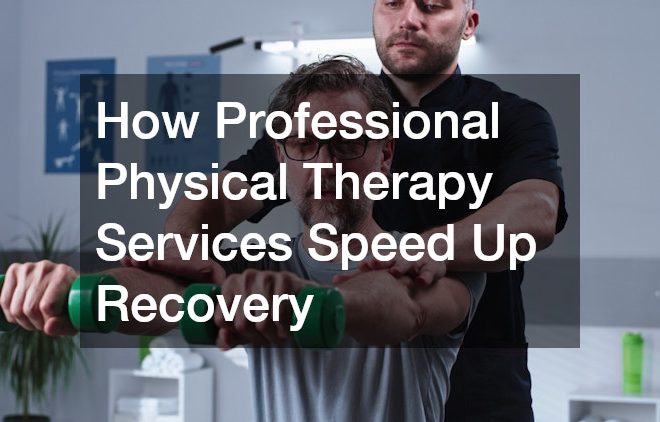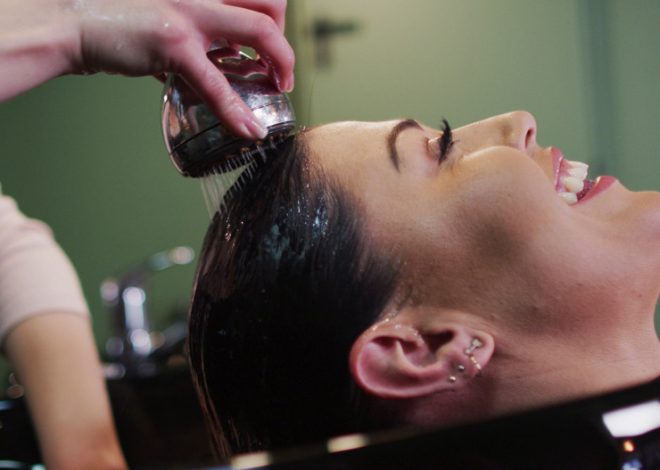
What to Know About Treatment Options for Sleep Apnea

Treating obstructive sleep apnea (OSA) is not the same as treating central sleep apnea (CSA). If you have sleep apnea, before you consider your treatment options, you must first understand the difference between the two:
Obstructive sleep apnea: happens when something partly or completely blocks your upper airway during sleep. Due to the obstruction, your chest muscles and diaphragm have to work harder to pull air into the lungs.
 Central sleep apnea: is characterized by frequent starts and stops of breathing during sleep. Typically, these periods last between 10 and 30 seconds and happen in cycles during the night.
Central sleep apnea: is characterized by frequent starts and stops of breathing during sleep. Typically, these periods last between 10 and 30 seconds and happen in cycles during the night.
Since these two kinds of sleep apnea differ, they must be diagnosed differently. Here are some of the most common sleep apnea treatments for obstructive sleep apnea.
CPAP machine
This is the most frequently used treatment. Continuous Positive Airway Pressure is a sleep apnea machine that utilizes CPAP masks and nasal pillows to deliver a constant stream of air to the upper airway. This stream keeps the airways open all night, and the patient must sleep with the CPAP mask on all night. However, the CPAP mask can feel constricting and about 80% of patients who say they use their CPAP machine don’t use it regularly enough to keep themselves safe. So, if you feel uncomfortable with wearing a mask at night, ask your doctor about additional treatment options.
Sleep apnea oral appliances
For those with less severe sleep apnea, an oral appliance may be a better option as it is less constricting. These applications are similar to mouth guards and bring the lower jaw forward which opens the airway.
Lifestyle changes
Because sleep apnea can be a side effect of obesity, your doctor may recommend you make some lifestyle changes in order to lose weight. They may also like for you to stop consuming alcohol, taking specific medications, or smoking.
Surgery
Surgery is usually the final option when all other treatments do not work. These surgeries include correction of nasal problems, the removal of soft tissue at the back of your throat, and correction in facial muscles that are obstructing the airway such as your jaw or a pinched septum.
If you are diagnosed with sleep apnea, head to 1800 CPAP today to get the treatment supplies you need.

